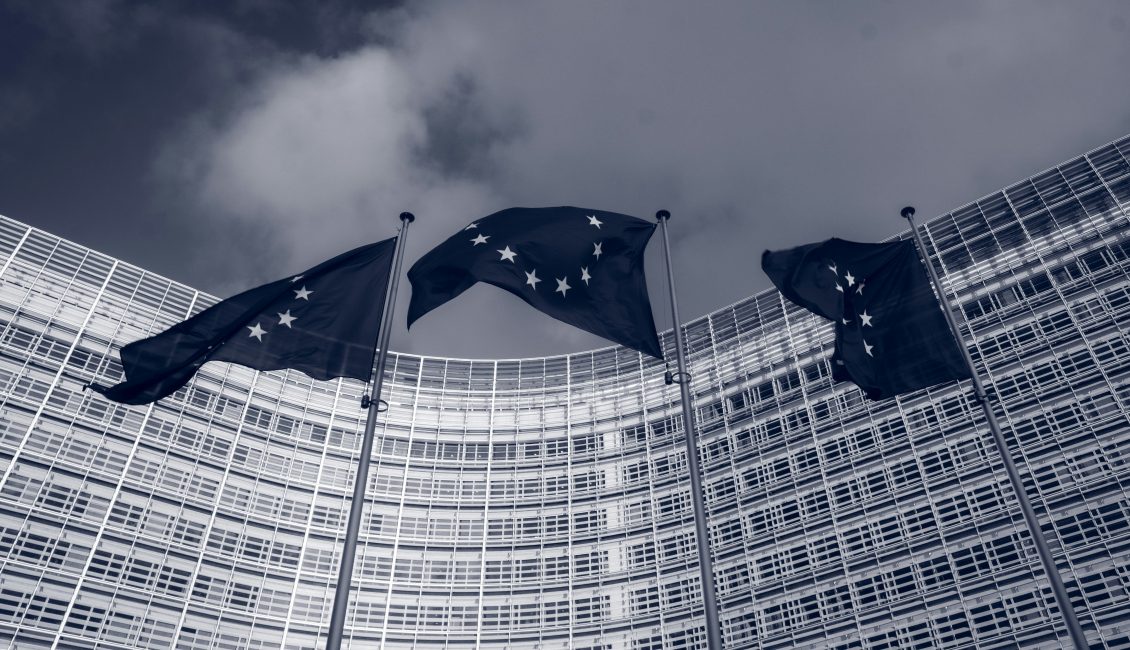
The European Union made a significant environmental advancement in 2023, achieving an 8.3% decrease in net greenhouse gas (GHG) emissions, according to a recent report from the European Commission. This decline represents one of the largest non-pandemic-related drops since 1990, highlighting the EU’s continued commitment to combating climate change.
Renewable Energy Soars, Powering Nearly 45% of EU Electricity
A major factor in the emissions reduction was a dramatic shift towards renewable energy, now accounting for nearly 45% of the EU’s electricity production. This surge was largely driven by growth in wind and solar energy, alongside a notable reduction in coal use, which was partially replaced by cleaner natural gas. As a result, emissions from electricity production and heating fell by an impressive 24% year-over-year, reflecting the EU’s success in accelerating its transition to clean energy.
The EU’s strategic pivot toward renewables also contributed to a nearly 20% decrease in electricity generation from fossil fuels. With the European Climate Law setting legally binding targets for climate neutrality by 2050 and a 55% GHG reduction by 2030, the EU is moving forward with initiatives that span key sectors. These efforts, supported by the ambitious “Fit-for-55” package, are essential to meet the EU’s emissions targets and underline its leadership role on the global stage.

The Commission’s report highlights a continued decoupling of economic growth from emissions: net EU emissions are now 37% lower than in 1990, even as the economy grew by 68% over the same period. This decoupling is a promising sign that the EU can continue to expand its economy while reducing its environmental footprint.
In addition to the power and industrial sectors—which saw a record 16.5% drop in emissions in 2023—other sectors also made progress. Building sector emissions fell by 5.5%, agricultural emissions by 2%, and transport emissions by less than 1%. However, aviation emissions rose by 9.5%, underscoring ongoing environmental challenges in the sector.
EU Commissioner for Climate Action Wopke Hoekstra commented on the report, stating:
“The EU is leading the way in the clean transition, with another year of strong greenhouse gas emission reductions in 2023. The EU now represents 6% of global emissions. As we head off soon to COP29, we once again demonstrate to our international partners that it is possible to take climate action and invest in growing our economy at the same time. Sadly, the report also shows that our work must continue, at home and abroad, as we are seeing the harm that climate change is causing our citizens.”
As the EU prepares for COP29, this milestone reflects the EU’s robust climate strategy and sets a benchmark for global partners, reinforcing the necessity for sustained, comprehensive action to address the evolving climate crisis.
News sourced from: ESG News
Photo by Christian Lue on Unsplash

